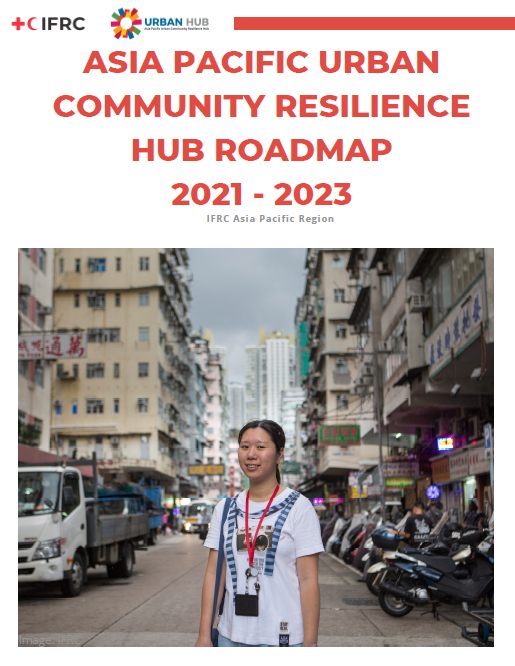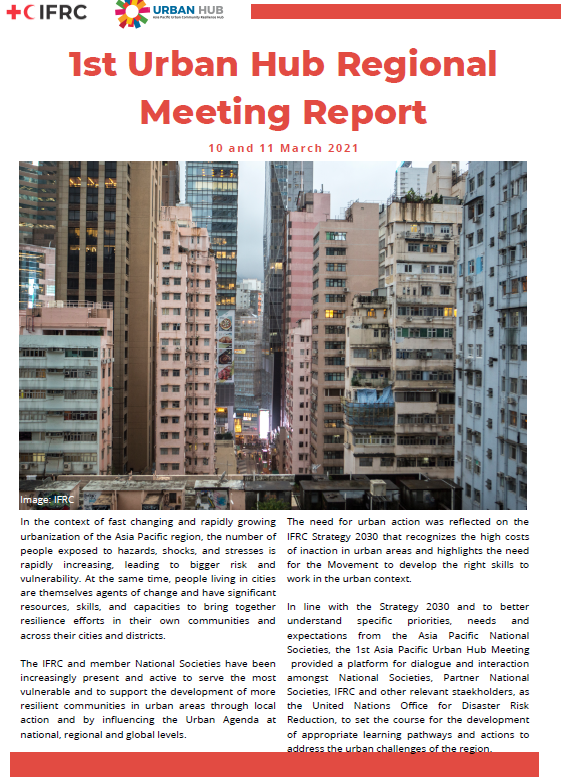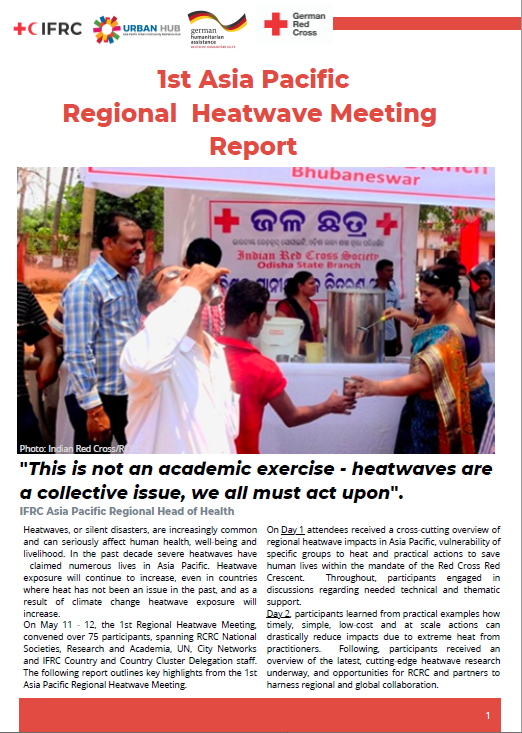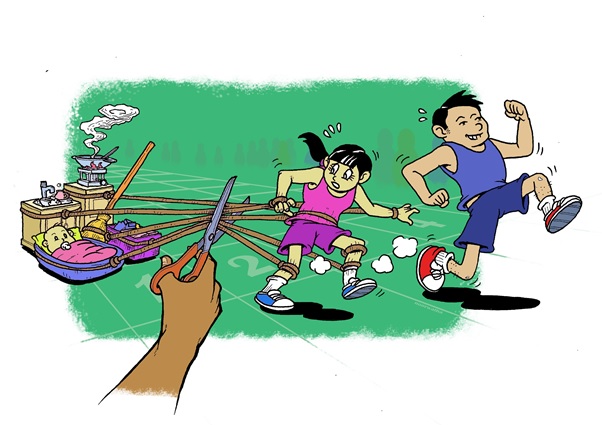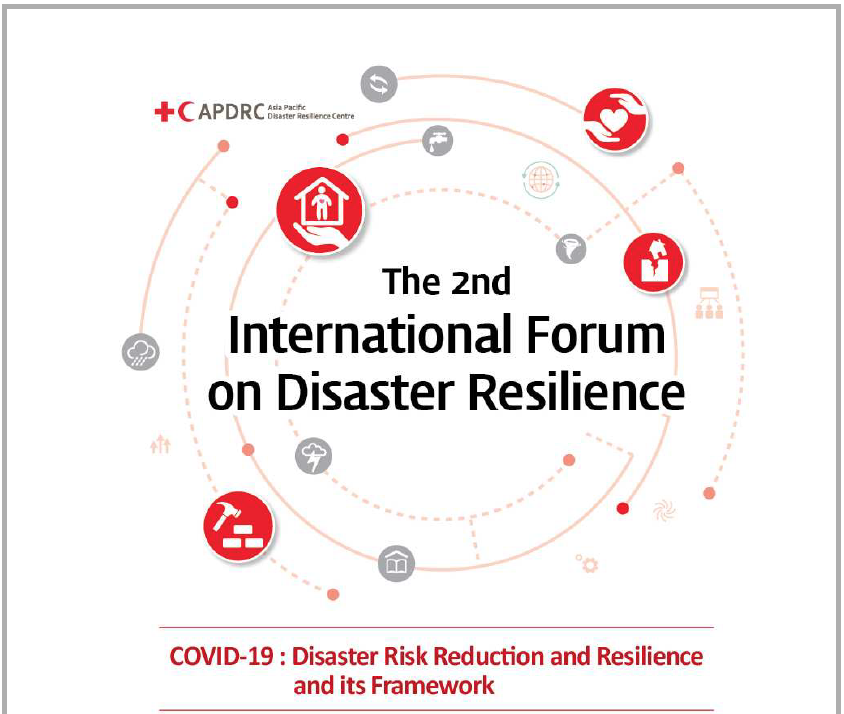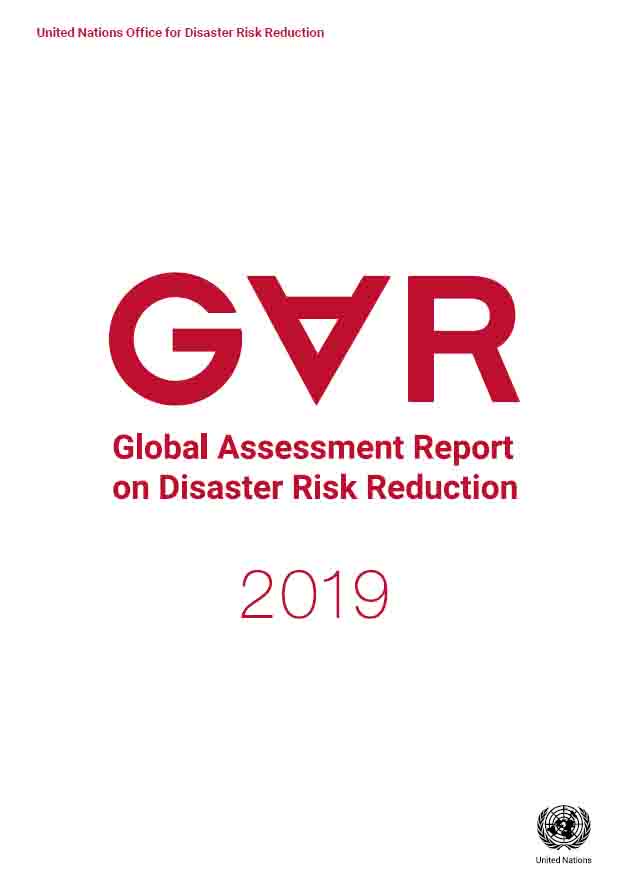Asia Pacific Urban Community Resilience Hub Roadmap 2021 -2023
The IFRC and member National Societies have been increasingly present and active in cities and urban settings to serve the most vulnerable people and have made valuable efforts in recent years to support the development of more resilient communities in urban areas worldwide. These achievements have been acknowledged and strengthened by the RCRC contribution in […]
Asia Pacific Urban Community Resilience Hub Roadmap 2021 -2023 Read More »

